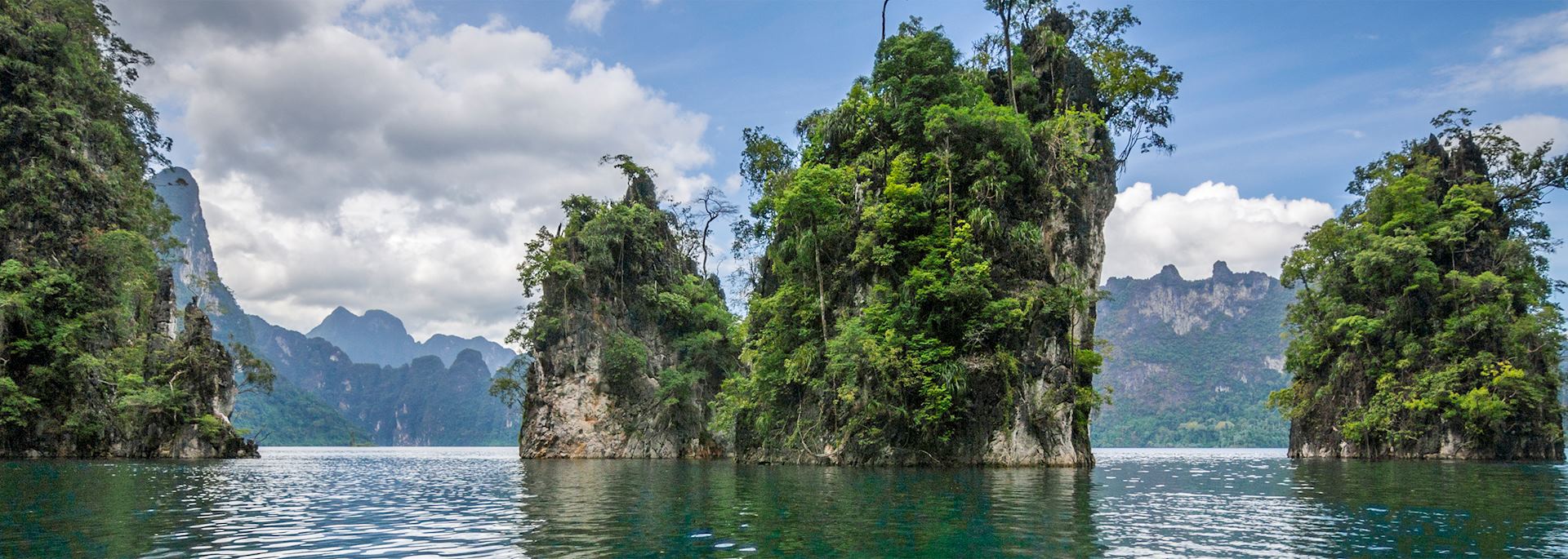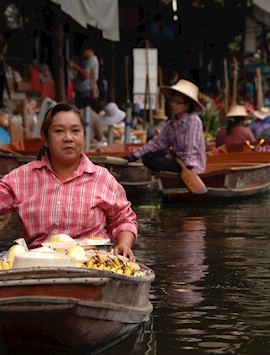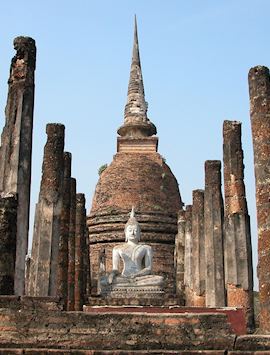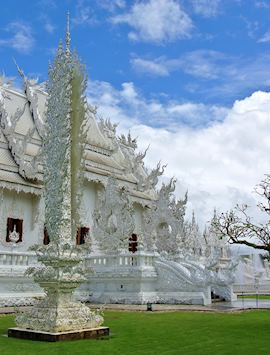Thailand is the most visited country in Southeast Asia — and with UNESCO-protected ancient capitals, long swathes of coast and rich jungle, you can see why.
While this perennial popularity supports many small business and communities across the country, it also contributes to the destruction of fragile marine environments, animal welfare concerns and widespread plastic waste. Our aim in Thailand is not only to avoid contributing further to these problems, but to proactively influence and to give back to the local communities wherever possible.
For more information, or to plan a trip, call our responsible travel advice line on 01993 838 909.
Animal Welfare
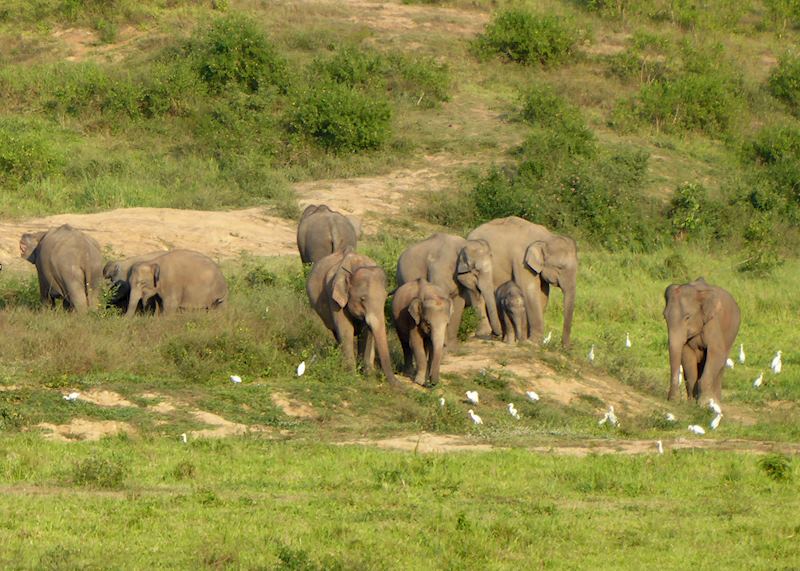
Animal welfare is a key issue throughout Thailand. We have an incredibly stringent animal welfare policy, and all of our elephant projects have been carefully vetted both by ourselves and our local partners to ensure they hold up to our high standards. As part of policy, we don’t offer any elephant riding experiences. Read more detail about our company-wide animal welfare policy here.
Without conservation projects, many of these domesticated elephants would be toiling on the streets of Bangkok or in poor conditions in unethical tourist camps, so supporting the right sanctuaries and conservation projects is important as many of these are funded mostly through tourism.
Currently we work with a limited number of suppliers who offer elephant riding locally for non-Audley guests, and we are using our influence to encourage them to stop offering elephant riding and ensure the elephants’ future welfare. We’ve set these suppliers a deadline of the end of 2021 to stop elephant riding, or we’ll no longer use the other services they offer.
Currently some of the sanctuaries we use do allow bathing of the elephants, although many are phasing it out. We only allow this where it is well-managed; where the elephants are not crowded and where the interaction only happens for limited periods of time.
As a result of our stringent animal welfare policy, out of the hundreds of elephant projects and sanctuaries available in Thailand we use just a handful. We are confident that these offer a range of ethical experiences and meet our high welfare standards, allowing you to interact with this incredible species in a way that is beneficial for everyone.
Read more about some of our top elephant experiences in Thailand, Laos and Cambodia on our blog.
Supporting local communities
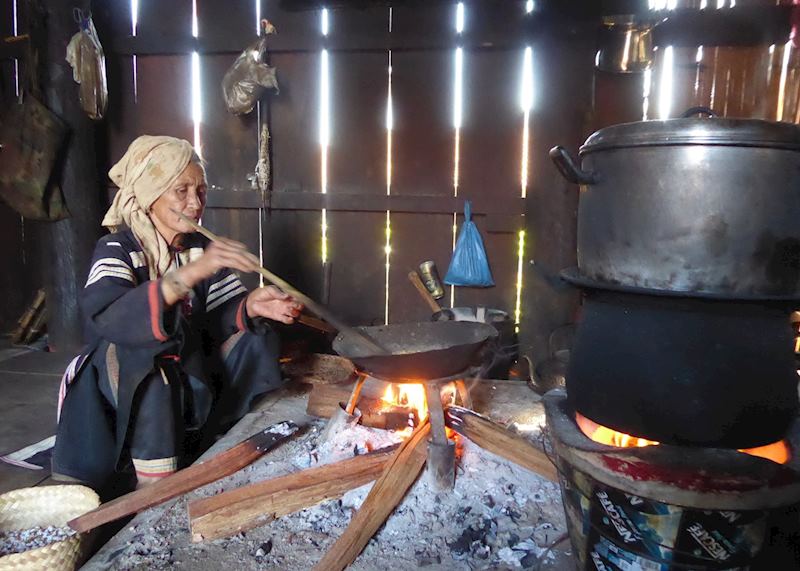
It can be very easy to think of Thailand as one single entity, when in reality it’s a diverse country. From the hilltribes on the northern borders with Laos and Myanmar, including the Lisu, Lahu and Hmong tribes, to the Isaan on the eastern border with Cambodia and the seafaring Moken tribe in the southwest islands, Thailand is an amalgamation of independent communities.
One of the best ways to experience these differing cultures is to visit a variety of Thai regions. For the more adventurous, you could stay at a community lodge, such as the Lanjia Lodge near Chiang Rai and Anurak Community Lodge in the Khao Sok National Park. Choosing a lodge not only gives you an immersive insight into the culture but also ensures that funds go directly back into the local economy.
Visiting local communities doesn’t have to involve an overnight stay experience however and can be easily done as a trip from some of the more well-travelled areas, particularly in northern Thailand. As an example, spend a day exploring the green hills of the Golden Triangle, where Laos and Myanmar border Thailand, stopping in at remote villages to see the results of the Royal Projects which have benefited many rural communities. These were set up by King Bhumibol Adulyadej in order to improve the quality of life for rural northern villages and to protect Thailand’s rich natural resources.
Plastic reduction in Thailand
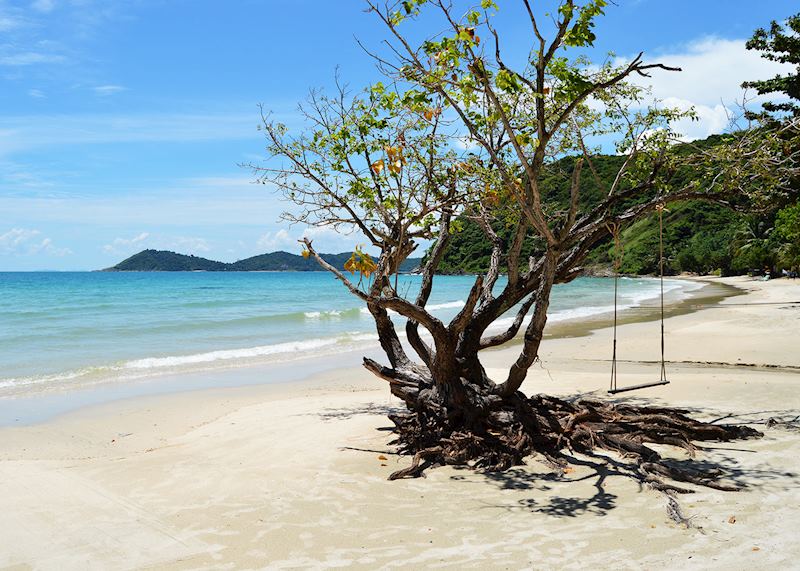
As with the rest of Southeast Asia, plastic waste and its disposal is at crisis point in Thailand. The country’s rivers, beaches and oceans are clogged with plastic bags, straws and bottles, a by-product of its booming tourism industry.
Keen not to contribute to the issue even further, on your trip to Thailand we provide you with a refillable bottle, and refill stations (a reusable tank of purified water for you to fill up on the go) in our vehicles in many areas. The infrastructure is still lacking in some of the more remote locations, but this is something we are working closely with our local partners to influence and improve.
For times when you are out and about without your guide or driver, we also recommend resources including the Refill My Bottle app or the Refill Not Landfill website, to find free refill stations in participating hotels and restaurants, of which there is a fast-growing number in Thailand.
We’re also working with hotels across the country to improve sustainability. This can include removing straws and plastics from the hotel entirely, using green energy and reducing waste as much as possible, or working closely to support the local community.
This is something that is being embraced on a wider scale, particularly in places that have fragile marine environments. A great example of this is the island of Koh Samet in the Gulf of Thailand, which has banned all plastic bags and Styrofoam packaging, something that has been embraced by the Paradee and other resorts on the island.
Overtourism and emissions
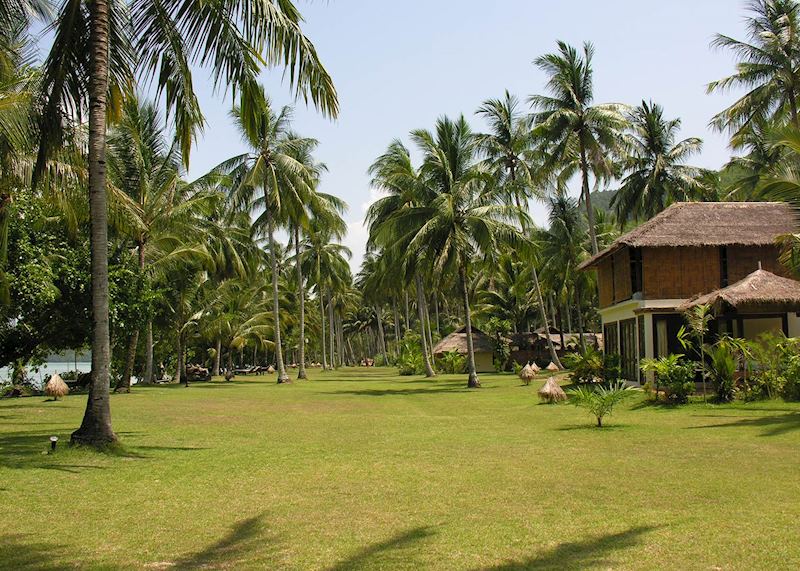
As Thailand has been on the tourist trail for so long, one of the main issues it faces is that visitors flock to the same places that they have read about or seen in films. One prime example is Maya Bay on Koh Phi Phi Leh, made famous by the Leonardo DiCaprio film ‘The Beach,’ which closed to tourists in 2018 and will remain closed until at least 2021.
The fragile coral and marine life there were being destroyed by hundreds of boats arriving into the bay daily, with little care being taken for conservation or preservation. When it does reopen, restrictions on the number of visitors have been put into place, as well as restricted access for the boats, which will hopefully help to conserve the environment.
We actively avoid the busier beach areas as part of our trips and there are plenty of quieter regions that offer an authentic Thai experience. Stay at the Koh Yao Island Resort on Koh Yai Noi and enjoy the beautiful white sand beaches and limestone karst scenery while also having the opportunity to explore traditional fishing villages on the island.
In Thailand’s capital, anyone who has stepped foot in Bangkok can see how congested the city gets during the day. To avoid the crowds, we have recently developed a tour that allows you to kayak along the backwaters of the Chao Phraya, away from the hustle and bustle of the main river channel. A truly zero emissions tour that allows you to see traditional river life from a new perspective.
For more information on responsible travel in Thailand, or to plan a trip, call our responsible travel advice line on 01993 838 909 or email us here.
Read more about trips to Thailand
Start thinking about your experience. These itineraries are simply suggestions for how you could enjoy some of the same experiences as our specialists. They're just for inspiration, because your trip will be created around your particular tastes.
View All Tours in Thailand